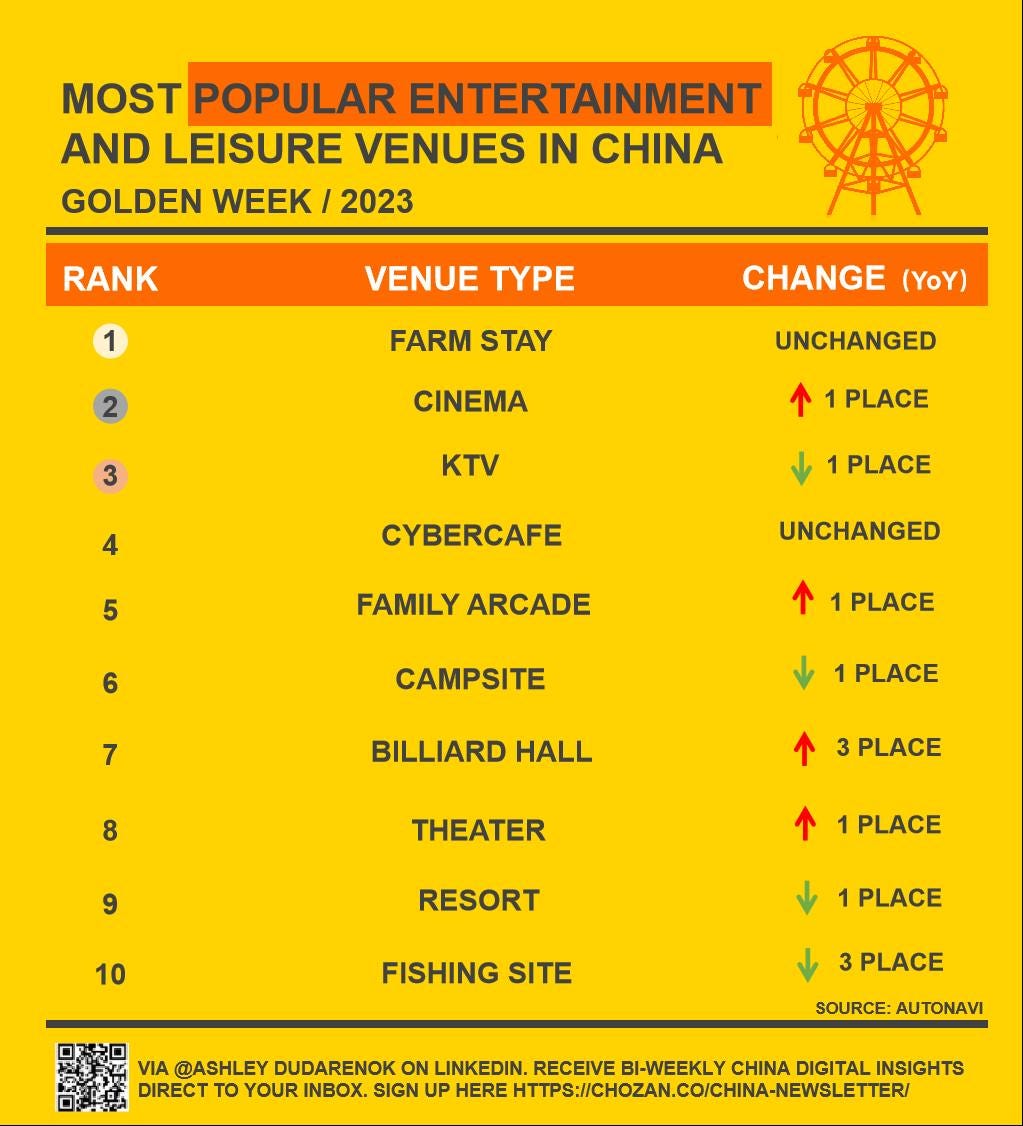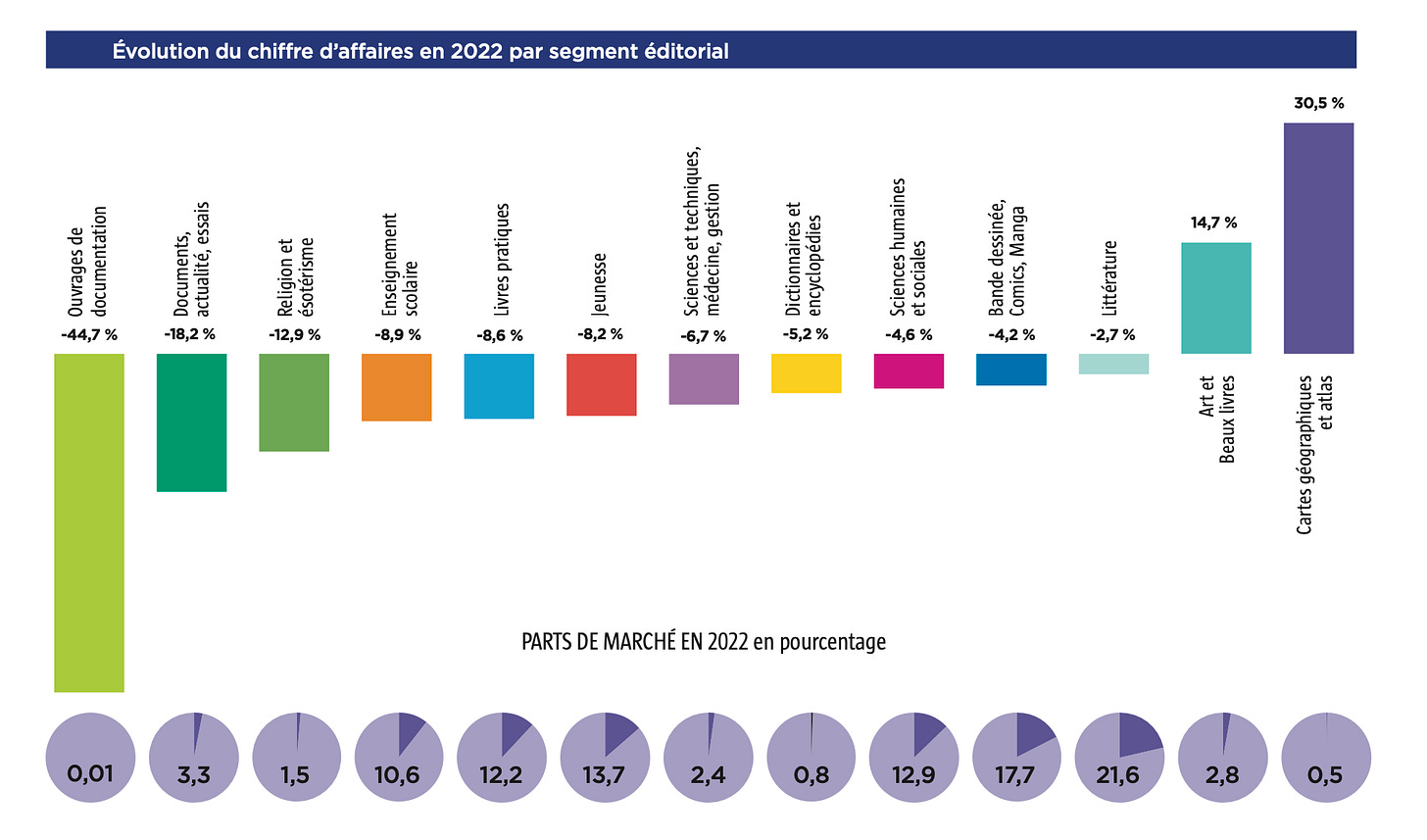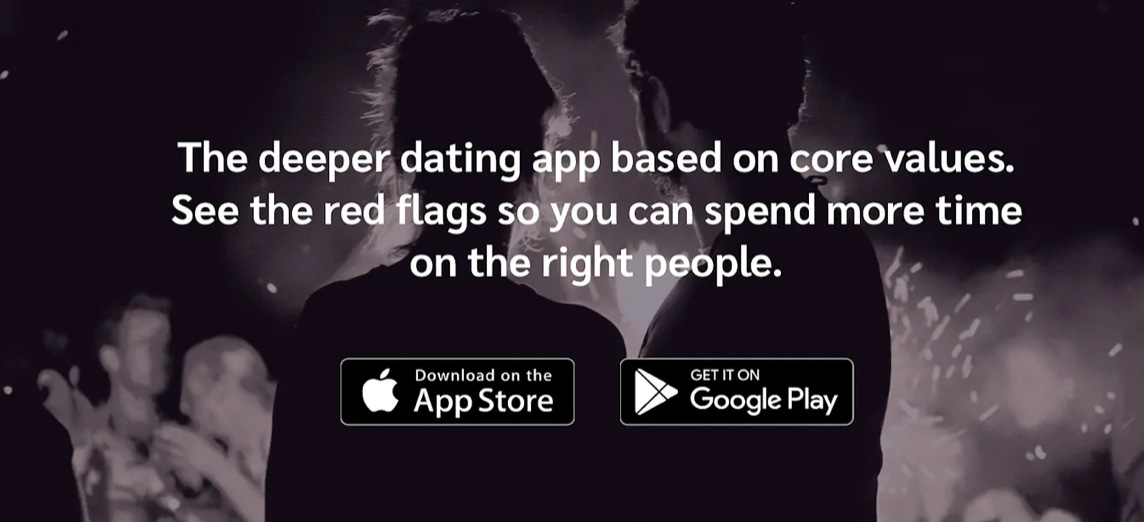Triple peak, resilience crisis, psycho-dating... and other curiosities
Exploring these intriguing contemporary revelations that speak volumes about our era.
Triple Peak and Afternoon Fun: Amid the shifting dynamics of the modern worker's status—oscillating between digital nomadism, 'coffee badging' (marked by brief morning stops at the office for coffee-fueled socialization, then transitioning elsewhere to work), remote employment, and mandatory office presence (with Zoom, ironically, enforcing two in-office days per week)—the hybrid model becomes ever more entwined with our professional and personal spheres.
Enter the "Afternoon Fun Economy," as dubbed by The New York Times. Stanford studies show midweek pastimes, like afternoon golfing, are on the upswing, indicating that relaxation activities typically saved for post-work are nudging their way into working hours.
The ripple effects? Urban parks and recreation spots are buzzing on weekdays, and retail and beauty service sectors are seeing a similar uptick.
Stanford's Nick Bloom sees this as the rise of a "student economy." He believes afternoon leisure might be a driving force in the U.S.'s post-2020 economic bounce-back, a change enabled by breaking free from the confines of the traditional 9-to-6 work mold.
—
Instant Knowledge, Resilience Crisis? One of my growing concerns is how technology nudges us to always pick the easiest option, leading to a 'tyranny of convenience'. With the emergence of sophisticated generative AI, as showcased by OpenAI's recent multimodal enhancements, this issue has magnified. Today's youth, navigating an ocean of instantaneous knowledge, may face not just a decline in essential skills, but also the risk of losing the treasured capacity to bear effort and confront adversity. Authentic learning—and, by extension, life's most poignant lessons—derive from our ability to stumble on homework, overcome challenges, grapple with the unexpected, sit with the discomfort of the unknown, and persist through hurdles. These transformative moments aren't just educational touchpoints; they anchor our resilience. In an era where knowledge is increasingly treated as a commodity, it's crucial to uphold and amplify our ability to face adversity. Given this reality, might we consider introducing 'friction' classes? Could resilience become the most prized soft skill of the 21st century?
—
Finding Solace in the Farm? The appeal of disconnecting and seeking refuge in nature is by no means a new sentiment. However, something recently caught my attention in China, home to the world's largest online community: the rising trend of farm stays.
This evolution has given rise to some peculiar ventures. In Jinhua, guests can experience a one-of-a-kind hotel situated within the 'panda pig' ranch.
Amidst luxury, rooms provide an expansive view of pig pens. Though pigs hold a symbolic significance in China, such a lavish spotlight on them is distinctly unusual. And the price for this unique experience? A 'modest' $1,660 a night.
Relatedly, I stumbled upon an interesting stat from the "Key Figures in Publishing" report by the National Union of Publishers in France for 2022. Surprisingly, sales of paper maps and atlas have seen a significant 30,5% increase. This trend aligns perfectly with the current movement centered around reconnecting with nature and unplugging from technology, making it not that surprising when you think about it.
—
Welcome to the era of "Psycho-Dating," where once-common dating app phenomena like "ghosting," "breadcrumbing," "benching," and even "vulturing" are on the verge of becoming relics of the past (one can certainly hope so). A fresh wave of dating apps is emerging, championing more thoughtful and introspective approaches to the quest for love.
Consider Weaver, for instance, which introduces a matching system built upon a battery of 26 questions divided into five distinct categories: religion, politics, attitudes toward life, financial inclinations, and emotional maturity. Users are not only required to respond to these inquiries but also to delineate the acceptable answers for potential partners, thereby illuminating non-negotiable preferences. As users peruse profiles, a notification banner stands ready to alert them to potential "red flags," providing the opportunity for deeper exploration of a match's responses.
In a parallel development, Cosmic, another dating app, takes this concept a step further, contending that its questionnaire's purpose extends beyond matchmaking. It aims to foster self-discovery, underscoring the fundamental notion that a fulfilling relationship is most likely when one is truly in harmony with oneself. Concurrently, traditional matchmaking agencies are enjoying a resurgence, and "love coaches" are embracing the role of bona fide relationship counselors. Welcome to the era of dating with a psychological edge.
—
Cultural Tessellation. Netflix and Taylor Swift share a curious commonality: they both embody the concept of Cultural Tessellation. Netflix, initially a digital realm, is seamlessly integrating into our physical world, unfolding pop-up experiences and branded merchandise, and announcing the Netflix House. Set to open in 2025, these permanent venues will offer everything from ticketed experiences and retail spaces to food halls, bridging the virtual-physical divide. In contrast, Taylor Swift's real-world music and impact traverse into the conceptual, becoming a subject for academic scrutiny at universities like Stanford and Berklee College of Music. This isn't mere marketing; it’s a deliberate interlinking of pop culture, our day-to-day life, and institutional entities. Through such tessellation, Swift evolves into a medium for delving into contemporary issues within academic realms, while Netflix erases the distinctions between our digital and physical universes, turning fiction into palpable reality. Together, they mark a pioneering phase wherein (pop) culture not merely influences our societal structures and institutions but also becomes intricately woven into them, molding our experiences and the spaces we inhabit.
—
The rise of the Ambient Web. Visions of a technologically interwoven future, depicted in works like 'Robopocalypse' and 'Neuromancer,' are subtly transitioning from the pages of science fiction to our reality. Robots and cyborgs, once mere imaginative constructs, intend to pervade our modern world. Boston Dynamics has garnered international attention with innovations like Atlas and Spot, while SoftBank Robotics and Hanson Robotics unveil a different technological stride, spotlighting social robotics through figures like Pepper and Sophia. And there's also Spain's PAL Robotics, Apptronik’s Apollo, and Figure, which has recently secured $70 million in funding for its general-purpose humanoid. Even Elon Musk aims to guide us towards a cyborg future with its 'Optimus' prototype and his Neuralink project (yet, the severe conditions developed by implanted macaques, resulting in euthanization, shadow this futuristic endeavor).
Sydney J. Harris wisely cautioned, "The real danger is not that computers will begin to think like men, but that men will begin to think like computers." So, instead of aggressively trying to convert humans into machines or vice versa, shouldn't we utilize technology to enhance our inherent abilities while preserving our core essence?
Human-augmentation, emerging as a notable trend, is not only anticipated to surge in the coming years but also to become a versatile tool, beneficial for both individuals with health conditions and the general populace. For instance, an innovative Google-backed project marries AI and wearables with therapeutic intent, developing technology that perceptively identifies agitation in dementia patients, subsequently deploying music therapy as a responsive measure. But the realm of human-augmentation extends beyond healthcare. Take Microsoft as an exemplar: it has recently patented an "AI-assisted garment," which acts as a "contextually aware" accomplice, meeting user needs in real-time and fostering a symbiotic relationship wherein humanity is enriched by technology, not overshadowed by it
And this isn’t merely a concept — it’s already here. Technologies like Rewind's AI Pendant, Meta's Smart Glasses, and Humane's AI Pin intend to embed themselves into our daily lives, enhancing human capabilities and shaping our interactions. As these technologies intricately embed themselves into our daily lives, they bring along inevitable ethical and privacy concerns. This technological evolution, echoing the initial doubts surrounding now-ubiquitous smartphones, heralds the dawn of a new era: the age of the ambient web.
MD









